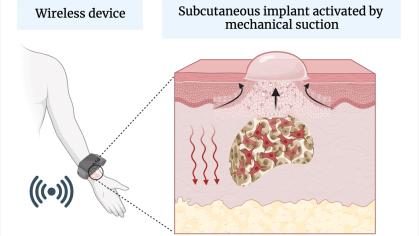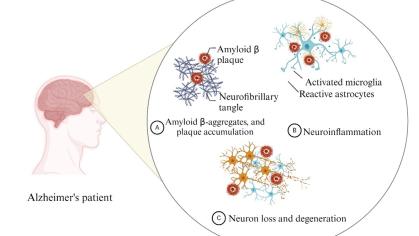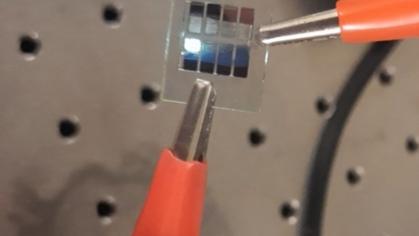Finite-Element-Based Methodology for Training Neural Network Surrogate Models
Inventor: Ryan Sills
Awarded: February 2024
Summary:
Neural networks (NNs) have exploded as a tool for performing complex computations and tasks. One market opportunity is the use of NNs as surrogate models for engineering problems. Traditionally, these problems, such as predicting the deformation of a structure or the heat transfer rate in a heat exchanger, are solved using complex computer simulations which require extensive computing resources and long computation times. Surrogate models, on the other hand, provide approximate solutions at a small fraction of the computing cost and time. For NNs to penetrate this market, techniques must be developed which are able to generate application-specific surrogate models for a myriad of industrial problems (solid mechanics, fluid mechanics, heat transfer, etc.).
Rutgers has developed a technology called finite-element-based physics-informed neural networks (FE-PINNs) which rises to this challenge by leveraging commercially available finite element simulation codes to train NN surrogate models. FE-PINN surrogate models could be used to largely replace conventional simulations in all engineering fields. Under this project, FE-PINN technology will be extended to cover several classes of nonlinear engineering problems, thereby opening up additional market opportunities while maturing the underlying technical basis.
Market applications:

- Automotive design
- Aircraft and spacecraft design
- Civil infrastructure and building design
- Energy system design (power plants, turbines, etc.)
- Rocket design
- Engineering software developers



